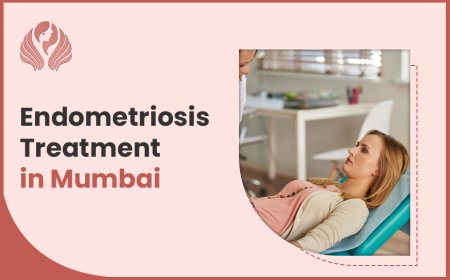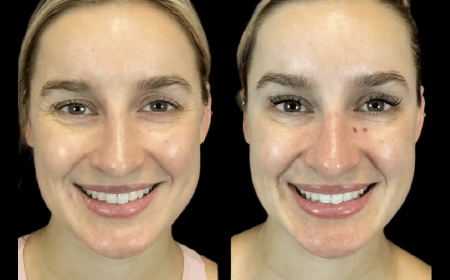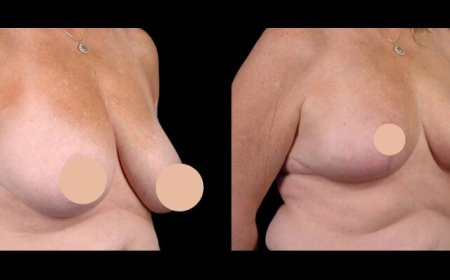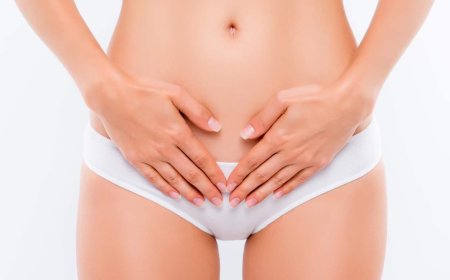What Causes Endometriosis?
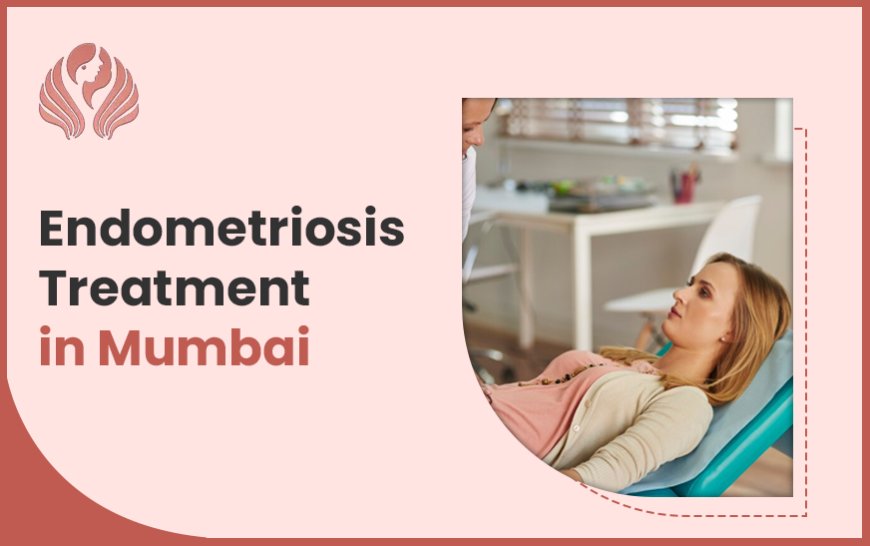
Endometriosis is a chronic health condition in which tissue resembling the endometrium (the lining of the uterus) grows outside of the uterus. This tissue can be found on the ovaries, the fallopian tubes, and other organs in the pelvis and may cause symptoms like pain, abnormal periods, and infertility. Endometriosis is a common gynecological condition among people with a uterus who are of reproductive age, although the cause of endometriosis is still not known. There are reasons why endometriosis can occur. Let us discuss those in this blog post. Furthermore, let us discuss options available for endometriosis treatment in Mumbai.
1. Retrograde Menstruation
One common reason is retrograde menstruation. During menstruation, some of the menstrual blood flows backwards, through the fallopian tubes, and into the pelvic cavity instead of leaving the body. This menstrual blood contains endometrial cells that can then attach to the pelvic walls or other organs, where they continue to grow, break down, and bleed with each cycle. While retrograde menstruation can occur in many women, only some will develop endometriosis, indicating that other factors, like immune or genetic factors, may be involved.
2. Surgical and Vascular Speed
Endometrial cells could also spread from surgical interventions (i.e., cesarean section, hysterectomy) when they attach to surgical scars and form endometriotic lesions. Another proposed route of spread is via the vascular or lymphatic spread, where the circulatory or lymphatic systems transport endometrial cells to various distant sites, including, but not limited to, the lungs or brain (such examples are very rare).
3. Factors Related to the Immune System and Genetics
An abnormal immune system response is thought to play a role in the development of endometriosis. A severely weakened immune system may not recognize and eliminate endometrial-type tissue growing outside the uterus. Genetics is another important consideration. If a woman has a family history of endometriosis, she is more likely to develop it herself.
4. Hormonal and Environmental Influences
Estrogen has an impact on endometriosis. It is the hormone responsible for the thickening of the uterine lining. More specifically, an excess of estrogen or an excess of estrogen in relation to progesterone, can promote the growth of endometrial tissue in locations outside of the uterus. Environmental toxins, such as dioxins and heavy metals, may also alter hormonal activities, promote inflammatory responses, and lead to the development of the disease.
Are you experiencing endometriosis and looking for an effective treatment? Consult Dr. Chaitali Mahajan Trivedi, a leading gynaecologist in Mumbai at Nanavati Superspeciality Hospital. The expert gynaecologist will recommend treatments such as pain medications, hormonal contraceptives, hormone therapy, progestin therapy, aromatase inhibitors, hysterectomy with removal of ovaries, etc. To learn more about these treatments, consult Dr. Chaitali Mahajan Trivedi.




